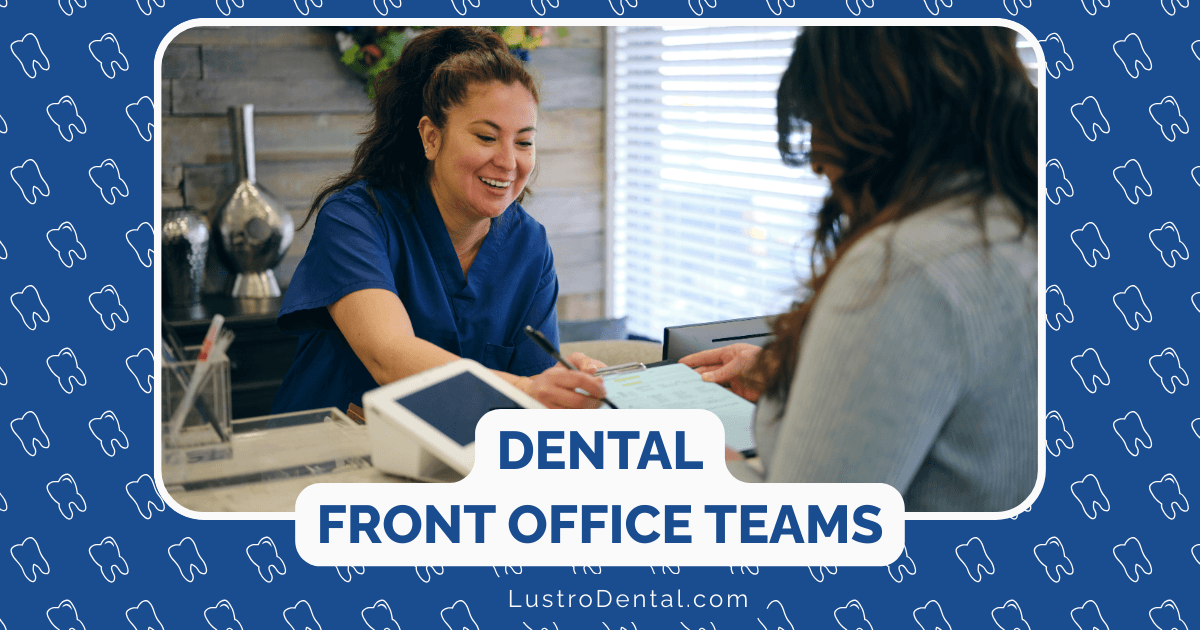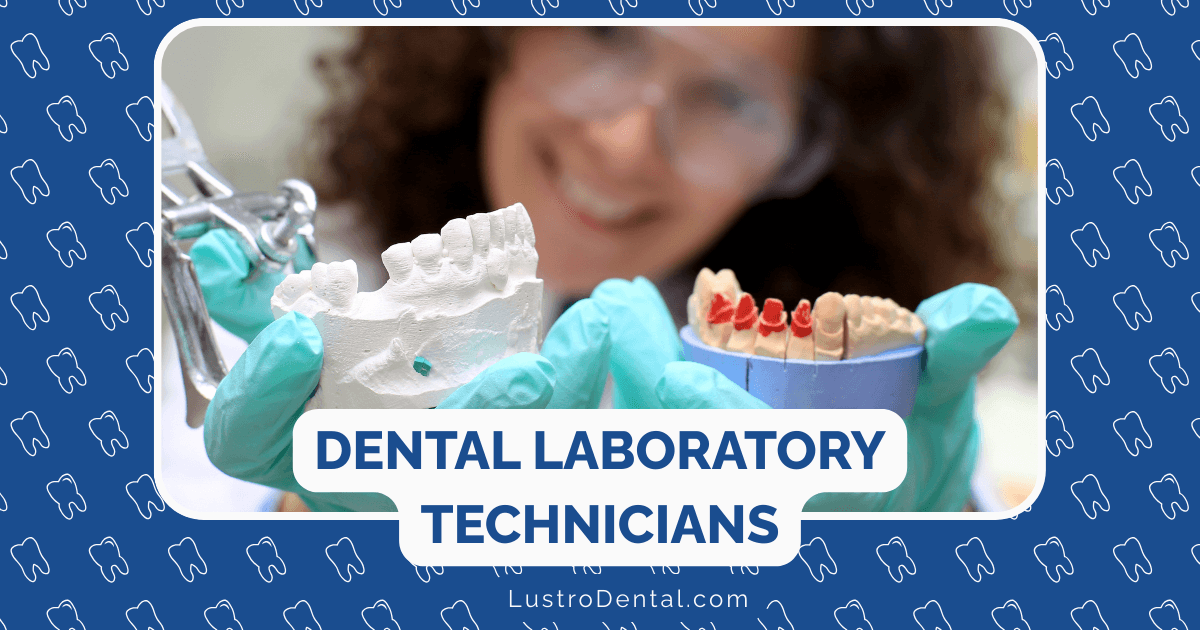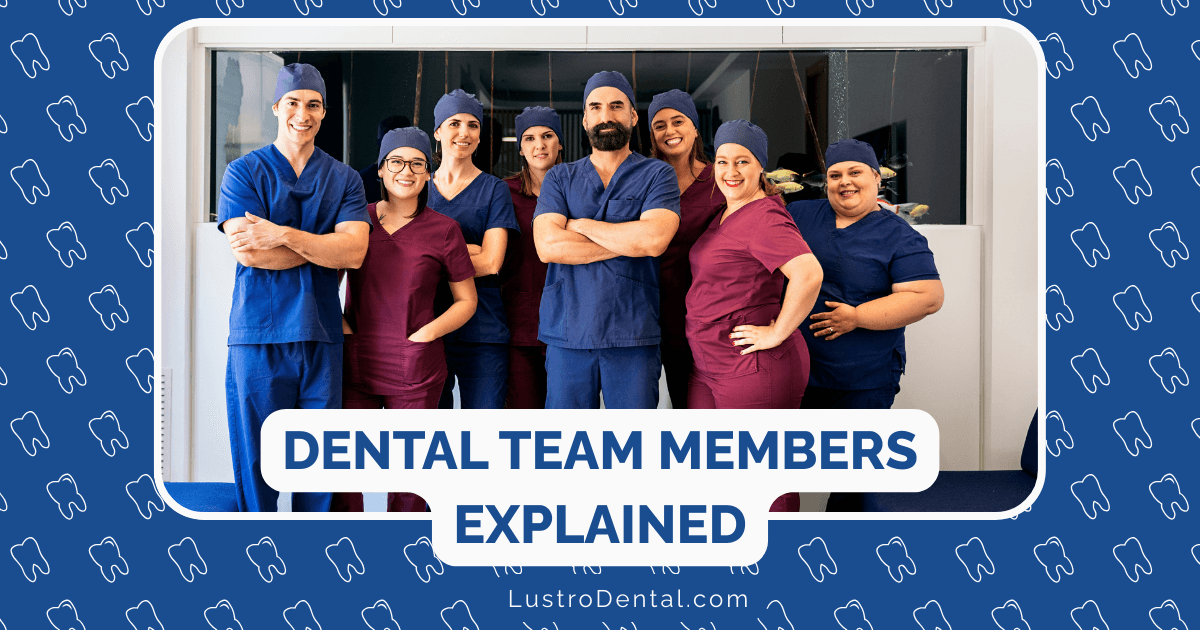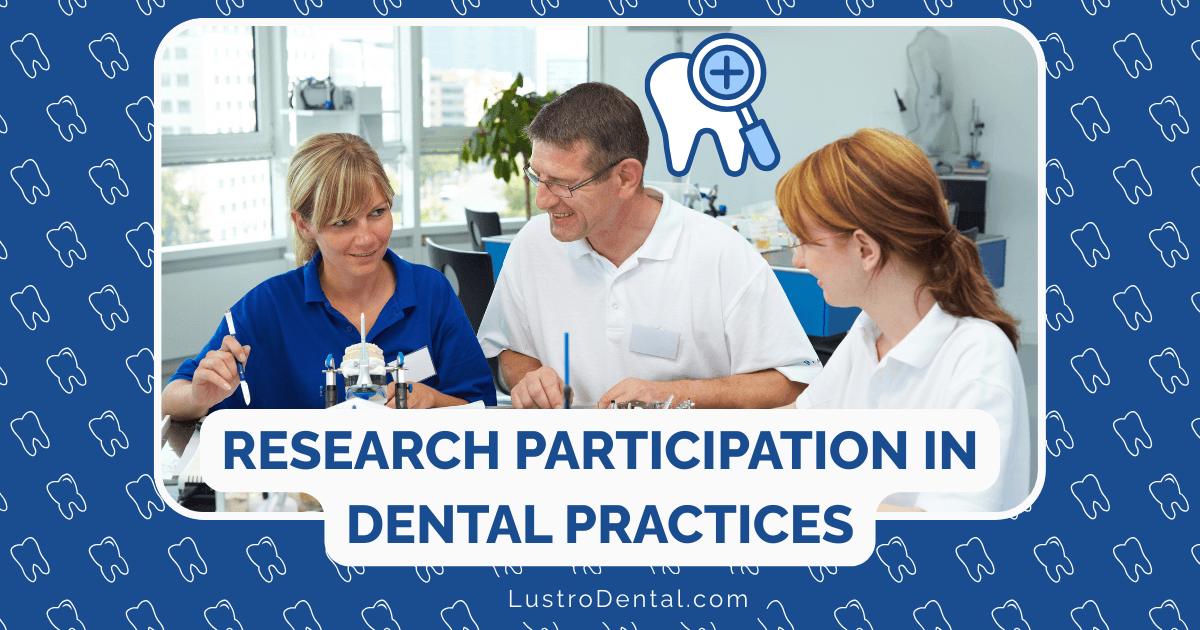The Value of Dental Study Clubs: Collaborative Learning Benefits Patients
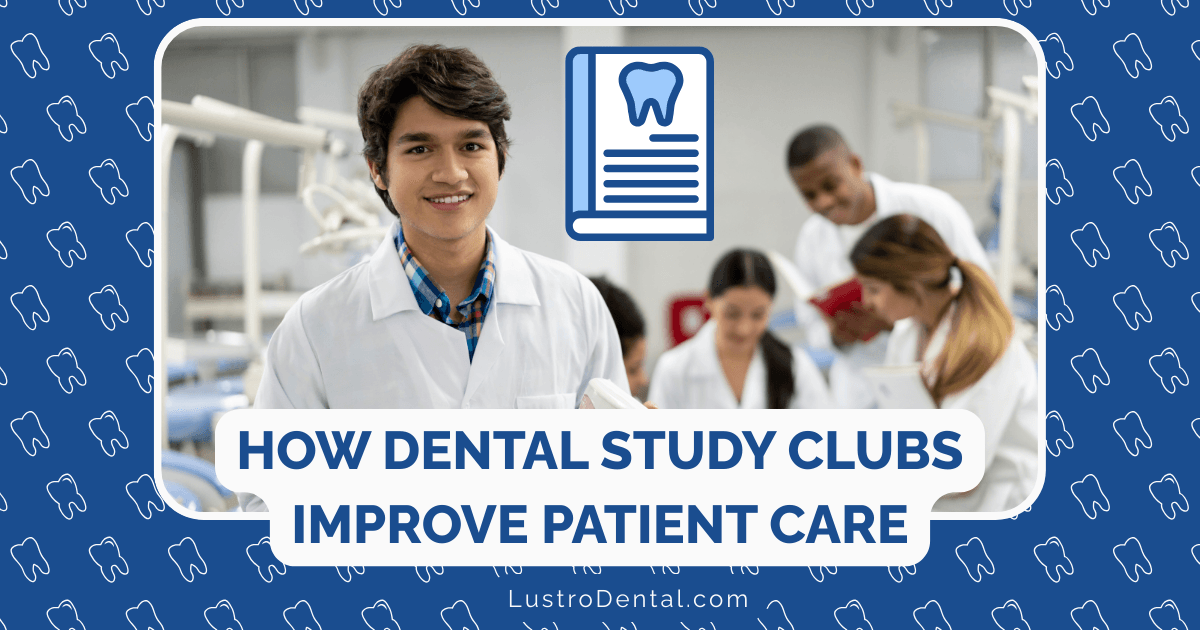
In the ever-evolving landscape of dental care, one of the most powerful yet often overlooked catalysts for excellence is the dental study club. These professional communities, where dentists gather regularly to share knowledge, discuss cases, and learn together, represent far more than mere networking opportunities—they are incubators of clinical excellence that directly impact patient outcomes.
While patients may never hear about their dentist’s participation in a study club, this involvement can significantly influence the quality of care they receive. This comprehensive exploration reveals how dental study clubs foster collaborative learning environments that ultimately translate to superior patient experiences and outcomes.
What Are Dental Study Clubs?
Dental study clubs are organized groups of dental professionals who meet regularly—typically monthly or quarterly—to engage in continuing education, case discussions, and collaborative problem-solving. Unlike large conferences or formal courses, study clubs provide an intimate setting where dentists can learn from one another’s experiences, challenges, and successes.
These clubs vary in structure and focus, but most include:
- Case presentations and discussions: Members present challenging cases for group analysis
- Guest speakers and specialized training: Experts share advanced techniques and research
- Hands-on workshops: Practical skill development in specific procedures
- Literature reviews: Discussion of current research and evidence-based practices
- Treatment planning sessions: Collaborative approach to complex patient needs
According to the Seattle Study Club, which has over 250 affiliated study clubs nationwide, these professional communities typically meet 8-10 times per year and include both general practitioners and specialists.
The Collaborative Learning Advantage
The power of dental study clubs lies in their collaborative learning model, which offers distinct advantages over traditional continuing education formats.
Diverse Perspectives Enhance Clinical Decision-Making
When dentists from various backgrounds and specialties examine a case together, they bring different perspectives that can lead to more comprehensive treatment planning. This collaborative approach helps identify solutions that might not be apparent to an individual practitioner working in isolation.
Dr. Michael Reynolds, a periodontist and study club leader, explains: “In our monthly meetings, we might have an endodontist, an oral surgeon, an orthodontist, and several general dentists all examining the same case. Each brings their specialized knowledge, creating a think tank that generates treatment options I might never have considered on my own.”
Real-World Application of Knowledge
Unlike traditional lectures where information flows in one direction, study clubs facilitate active learning through case-based discussions that directly relate to members’ practices.
A 2024 study published in the Journal of Dental Education found that collaborative learning environments where participants can apply new knowledge to real-world scenarios lead to better retention and implementation of advanced techniques. The research showed that dentists who engaged in collaborative learning were 50% more likely to adopt new evidence-based practices compared to those who attended traditional lectures alone.
Safe Environment for Professional Growth
Study clubs create a supportive atmosphere where dentists can openly discuss challenges and even failures—learning opportunities that rarely emerge in more formal settings.
According to Spear Education, which facilitates over 700 study clubs globally, “Members in a safe learning environment can absorb 50% more material.” This psychological safety allows dentists to ask questions, acknowledge knowledge gaps, and seek guidance without fear of judgment.
Accelerated Access to Emerging Techniques
The collaborative nature of study clubs means that when one member learns a new technique or technology, that knowledge quickly disseminates throughout the group.
“Study clubs act as knowledge accelerators,” notes Dr. Jennifer Chen, a general dentist and study club member. “When one of our members attends a specialized course or implements a new technology, they bring that knowledge back to the group. Instead of each of us having to discover everything independently, we benefit from our collective experiences and learning.”
How Patients Benefit from Their Dentist’s Study Club Participation
The ultimate value of dental study clubs lies in how they improve patient care. Here are the key ways patients benefit when their dentist actively participates in collaborative learning environments:
1. Enhanced Diagnostic Accuracy
When dentists regularly participate in collaborative case discussions, their diagnostic skills sharpen considerably. Exposure to diverse cases and specialist perspectives helps them recognize subtle signs and symptoms that might otherwise be missed.
Research from The Dawson Academy, which facilitates numerous study clubs, indicates that dentists who participate in regular case-based discussions report significantly higher confidence in diagnosing complex conditions and reduced diagnostic errors.
2. More Comprehensive Treatment Planning
Study club members benefit from interdisciplinary perspectives when developing treatment plans, especially for complex cases. This collaborative approach often leads to more thorough consideration of all treatment options and their long-term implications.
“Before joining my study club, I might have addressed only the most obvious issues,” shares Dr. Robert Williams, a general dentist. “Now, I consider the entire stomatognathic system—how teeth, muscles, joints, and function all interact. This comprehensive approach leads to more predictable, lasting results for my patients.”
According to data from the Seattle Study Club, members generate triple the case value per patient compared to non-members—not because they recommend unnecessary treatment, but because they identify and address underlying issues that might otherwise go untreated until they cause more significant problems.
3. Access to Cutting-Edge Techniques and Technologies
Dentists who participate in study clubs typically adopt new, evidence-based techniques and technologies more quickly than those who don’t. This translates to patients receiving the most current, effective treatments available.
Dr. Lisa Johnson, a prosthodontist and study club member, explains: “When digital dentistry was emerging, our study club organized hands-on workshops with industry experts. This accelerated my implementation of intraoral scanning and CAD/CAM technology by at least a year, allowing my patients to benefit from more precise, efficient treatments much sooner than they would have otherwise.”
4. Reduced Treatment Complications
The collective wisdom of study club members helps dentists anticipate and avoid potential complications in complex cases. By discussing challenges and solutions in advance, dentists can implement strategies to minimize risks.
“There’s tremendous value in learning from others’ experiences,” notes Dr. David Martinez, an oral surgeon. “When a colleague shares a case where they encountered complications, we all benefit from that lesson without our patients having to experience the same issues. This ‘preventive wisdom’ significantly reduces complications in my practice.”
Research supports this observation. A 2025 study found that dentists who regularly participated in case-based study clubs reported 37% fewer complications in complex procedures compared to non-participants.
5. More Effective Referral Networks
Study clubs that include both general dentists and specialists foster stronger professional relationships and more seamless referral processes. This interdisciplinary collaboration ensures that patients receive coordinated care when multiple providers are involved.
“When I refer a patient to a specialist I know from my study club, the transition is remarkably smooth,” explains Dr. Sarah Thompson, a general dentist. “We already share a common philosophy and language around treatment planning. My patients report feeling more confident in the referral because they can sense that genuine collaboration exists between us.”
6. Evidence-Based Treatment Decisions
Study clubs frequently review current literature and research, helping members stay grounded in evidence-based dentistry rather than being swayed by marketing claims or anecdotal experiences.
Dr. James Wilson, a periodontist and study club leader, emphasizes this point: “Our monthly literature reviews ensure that we’re basing treatment decisions on solid scientific evidence, not just what’s trendy or profitable. This critical evaluation of new techniques and materials means patients receive treatments with proven track records of success.”
7. Reduced Stress and Burnout Among Providers
The supportive environment of study clubs helps combat professional isolation and burnout—a growing concern in dentistry. Dentists who feel supported and engaged provide better patient care.
According to The Dawson Academy, “Study Clubs members report reduced stress and fewer costly mistakes due to the mentorship and support received through Study Clubs.” This psychological benefit translates to more focused, attentive care for patients.
The Measurable Impact on Patient Outcomes
Beyond anecdotal evidence, research increasingly demonstrates the tangible benefits of collaborative learning environments like study clubs:
Improved Treatment Success Rates
A 2024 longitudinal study of dental implant cases found that practitioners who regularly participated in implant-focused study clubs achieved a 94% five-year success rate, compared to 86% for non-participants. This difference was attributed to better case selection, treatment planning, and technique refinement through peer feedback.
Higher Patient Satisfaction
Practices led by dentists who participate in study clubs report higher patient satisfaction scores, particularly in areas related to communication and treatment outcomes. Patients appreciate the confidence and thoroughness that comes from collaborative learning.
More Conservative Treatment Approaches
Contrary to what some might expect, study club participation often leads to more conservative treatment recommendations. The collective wisdom of the group tends to favor preserving natural structures when possible and pursuing less invasive options before more aggressive interventions.
Faster Adoption of Beneficial Innovations
A 2025 analysis of technology adoption in dental practices found that study club members implemented beneficial new technologies approximately 14 months earlier than non-members. This means their patients benefited from advancements like digital scanning, 3D printing, and minimally invasive techniques significantly sooner.
Types of Dental Study Clubs and Their Unique Benefits
Different types of study clubs offer varying advantages for patients:
Interdisciplinary Study Clubs
These clubs bring together general dentists and specialists from various fields to address comprehensive treatment planning.
Patient Benefit: Treatment plans that consider all aspects of oral health simultaneously, rather than addressing issues in isolation.
Technique-Specific Study Clubs
These focus on mastering particular procedures or technologies, such as implant placement, digital dentistry, or minimally invasive techniques.
Patient Benefit: Access to dentists with advanced training and peer-validated skills in specific procedures.
Philosophy-Based Study Clubs
These clubs unite dentists who share a particular approach to dentistry, such as minimally invasive dentistry or complete dentistry focused on occlusion and TMJ health.
Patient Benefit: Consistent, principled care based on well-defined approaches to oral health.
Manufacturer-Supported Study Clubs
Some dental manufacturers sponsor study clubs focused on their systems or technologies.
Patient Benefit: Practitioners who receive specialized training and support in using specific materials or technologies to their full potential.
How to Determine if Your Dentist Participates in Study Clubs
While patients may not initially think to ask about study club participation, it can be a valuable indicator of a dentist’s commitment to ongoing education and excellence. Here are ways to determine if your dentist is engaged in collaborative learning:
Direct Questions to Ask
- “Do you participate in any dental study clubs or collaborative learning groups?”
- “How do you stay current with advances in dentistry?”
- “When facing complex cases, do you collaborate with other specialists for treatment planning?”
Observable Indicators
- Certificates or photos from study club meetings displayed in the office
- Mentions of collaborative case planning in treatment discussions
- References to consulting with colleagues on complex cases
- Evidence of implementing new techniques or technologies
- Smooth, established referral relationships with specialists
The Future of Dental Study Clubs: Trends and Innovations
As dentistry continues to evolve, so too do study clubs. Several emerging trends are shaping how these collaborative learning environments will function in the coming years:
Virtual and Hybrid Models
While in-person interaction remains valuable, many study clubs now incorporate virtual elements to increase accessibility and frequency of collaboration. This hybrid approach allows for more regular interaction and broader participation.
Patient Benefit: Dentists can collaborate more frequently and with a wider network of colleagues, bringing more diverse perspectives to treatment planning.
AI-Enhanced Case Analysis
Some advanced study clubs are beginning to incorporate artificial intelligence tools that can analyze treatment outcomes across multiple practitioners, identifying patterns and success factors.
Patient Benefit: Treatment recommendations increasingly informed by large-scale outcome data, not just individual experience.
Patient-Included Sessions
A growing trend involves including patients (with appropriate consent) in certain study club sessions to share their experiences and perspectives, particularly for complex rehabilitation cases.
Patient Benefit: Treatment approaches that better account for the lived experience of patients with similar conditions.
Cross-Disciplinary Collaboration
Dental study clubs are increasingly including non-dental healthcare providers such as physicians, sleep specialists, nutritionists, and physical therapists to address the oral-systemic health connection.
Patient Benefit: More comprehensive care that considers the relationship between oral health and overall health.
Conclusion: The Ripple Effect of Collaborative Learning
The value of dental study clubs extends far beyond the professional development of individual dentists. These collaborative learning environments create a ripple effect that ultimately enhances patient care in numerous ways—from more accurate diagnoses to more comprehensive treatment planning, from reduced complications to faster adoption of beneficial innovations.
When dentists engage in regular, structured collaboration with peers, they bring the collective wisdom and experience of the entire group to each patient interaction. This multiplier effect means that patients effectively benefit from the knowledge and insights of dozens of professionals, not just their individual provider.
As Dr. Elizabeth Murray, a dental educator and study club advocate, observes: “The dentist who participates actively in a quality study club never practices alone, even when they’re the only doctor in the room. Their decisions are informed by countless case discussions, shared experiences, and collective problem-solving. This collaborative mindset fundamentally changes how they approach patient care—always for the better.”
For patients, the takeaway is clear: A dentist who prioritizes collaborative learning through study club participation demonstrates a commitment to excellence that directly translates to superior care. While it may not be the first credential you look for, it’s certainly one worth considering when choosing a dental provider committed to delivering the best possible outcomes.


